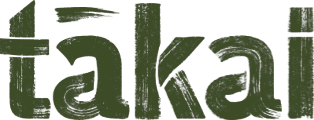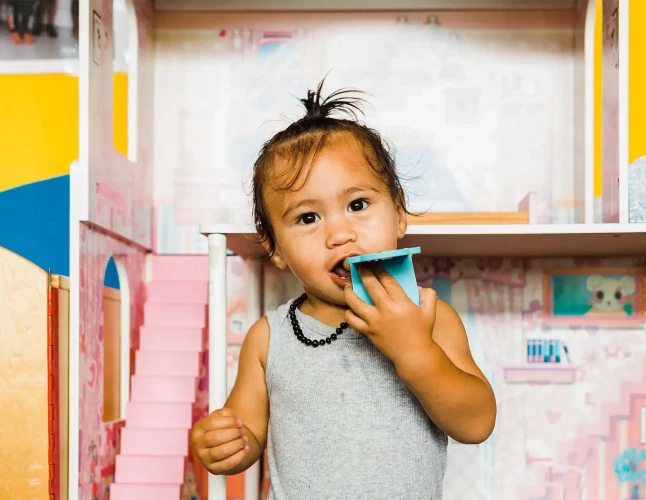
Child development Module 2

Supporting whānau to help their pēpi through each exciting new phase of behavioural development.
On this page
Children's development follows an orderly and predictable pattern. The behaviour we can realistically expect from children is mainly determined by their current stage in their development, and the context in which the behaviour is taking place.
From birth to 3 years old, a human baby goes from being totally reliant on their whānau to meet all their needs, to a little independent person wanting to do many things for and by themselves. They've become an active moving, climbing, running jumping and agile child.
Learning goals
- Understand how children grow and develop.
- Enjoy children’s development and have realistic expectations of them.
- Provide children with age-appropriate activities.
Session plan
Begin the session with an appropriate settling in time – for example, karakia, gathering of thoughts, waiata, simple ‘hellos’. Whānau may share news, thoughts or feelings, if they wish.
Introduce the topic – today we’re going to spend time thinking about how your baby's behaviour changes as they get older and the role we, as parents, can play in supporting pēpi through each exciting new phase of development
Mix and match from the pūtea of related workshops below. Consider the following when selecting which ones will work best for your group:
- the size of your group
- how much time you have
- the ages of the participants’ children
- factors such as literacy levels and the particular needs of the individuals you are working with.
Background information
As children develop, their behaviour changes, just like their bodies do. When whānau recognise these changes, they can adapt to them and encourage ongoing development.
Understanding and responding well to these changes can help whānau to:
- see how changes in children’s behaviour are part of growing up
- enjoy their children’s changes
- have realistic expectations of their tamariki
- provide opportunities and experiences that support their children’s development
- parent in ways that keep every whānau member feeling good about themselves.
Each child is unique, and responds uniquely to their developmental changes. Relationships between each parent and child are also unique.
Resources
Tākai resources
Whakatipu booklets(external link)
The world of under-fives [PDF, 14 MB]
Order free printed resources(external link)
Related articles
Physical milestones 3 to 5 year olds
Standing, cruising and stooping
Social and emotional development
Hearing and vision: 3 to 5 year olds
Development cards
Motor development cards [PDF, 345 KB]
Language development cards [PDF, 993 KB]
Social emotional development cards [PDF, 284 KB]
Intellectual development cards [PDF, 680 KB]
Other resources
Video: Stay and play | Tākai (YouTube)(external link)
Each Well Child Tamariki Ora assessment for vision and hearing lists important aspects of development. In the ‘Learning and growing’ sections there are discussion starters under ‘Things to talk about’ and ‘Your baby’s/child’s development’:
Well Child Tamariki Ora My Health Book | Healthed(external link)
These websites are full of valuable articles on different child development topics:
Whānau Āwhina Plunket(external link)
Raising Children New Zealand(external link)
Raising Children Australia(external link)
The Physical development chart on pages 11-13 and Social-emotional development information on pages 9-10 of this module are useful resources:












